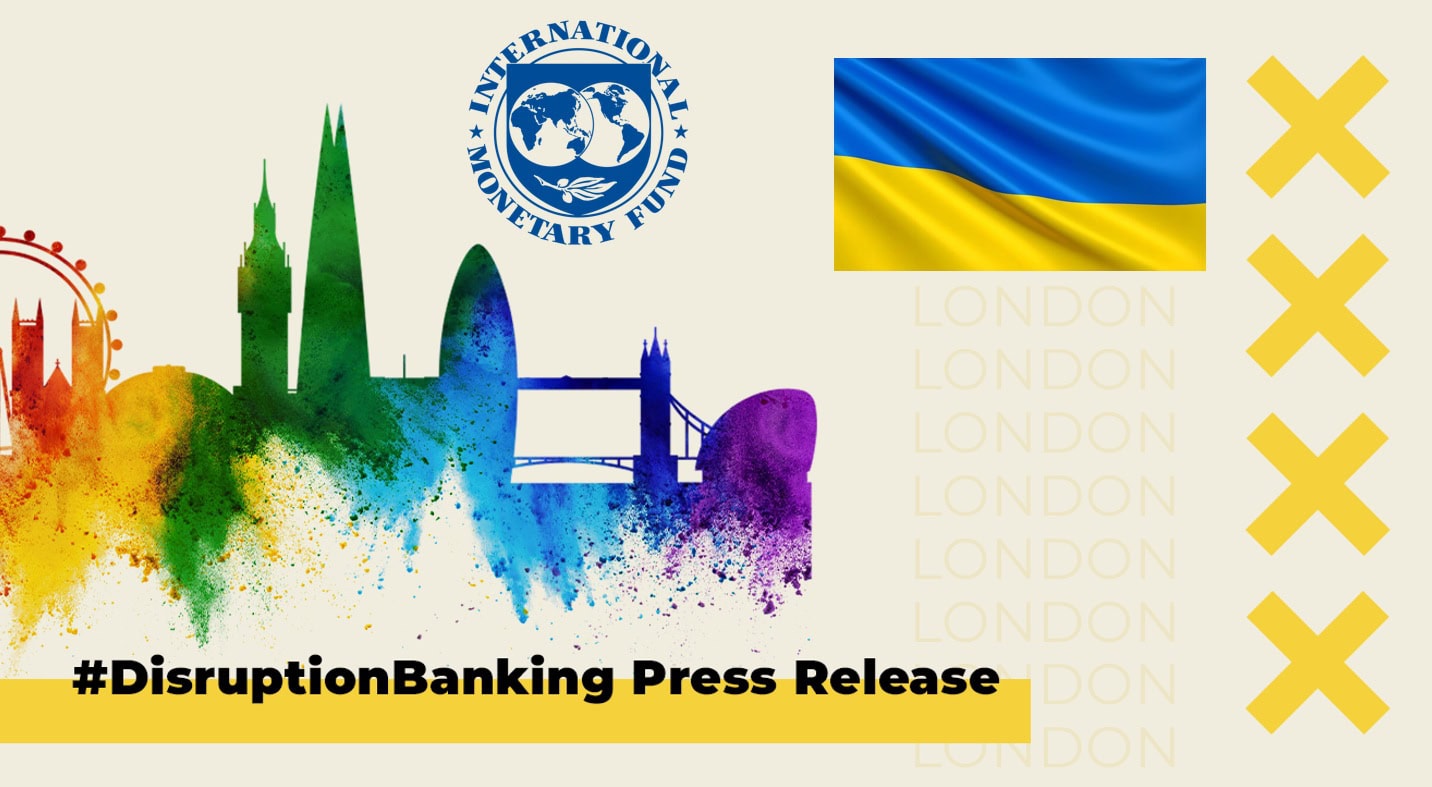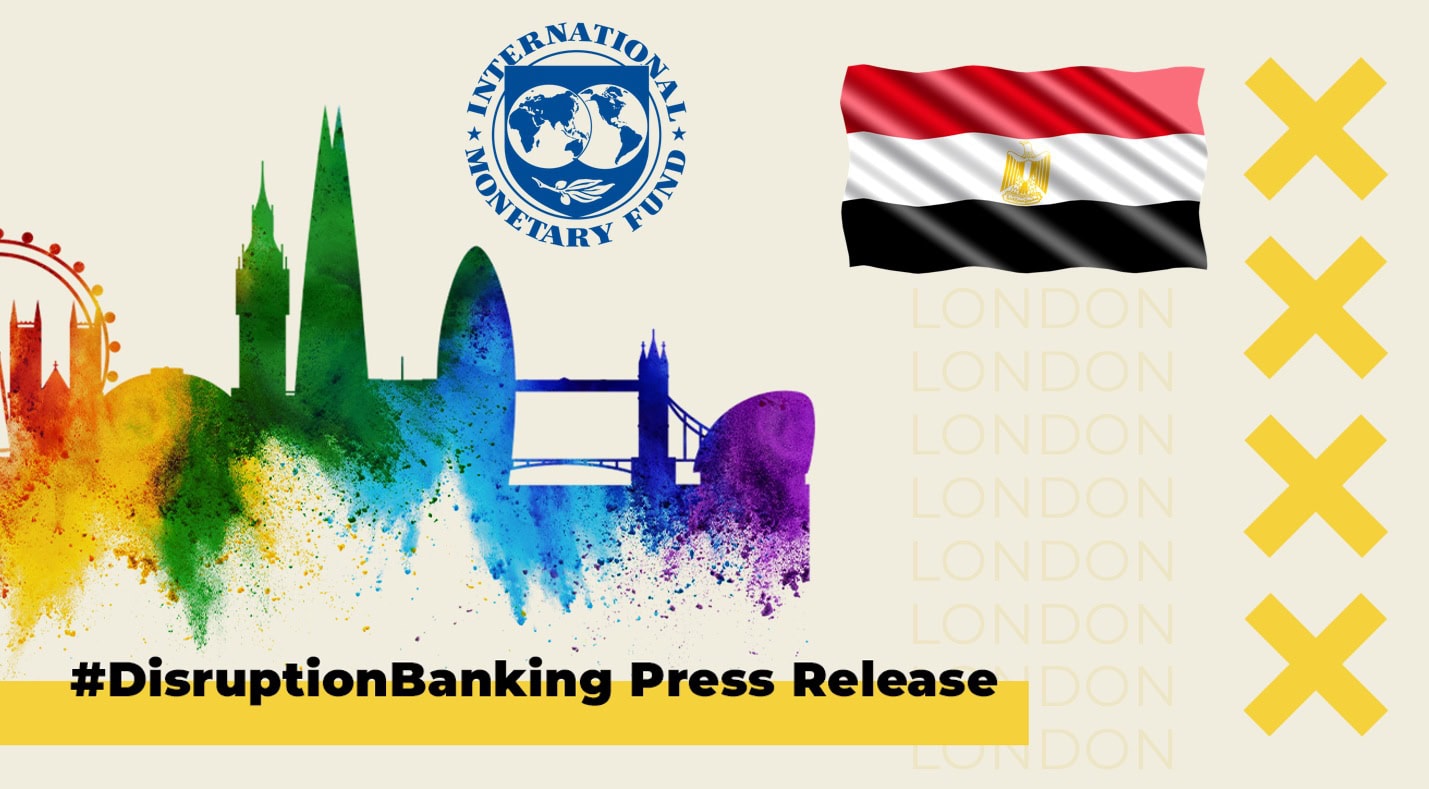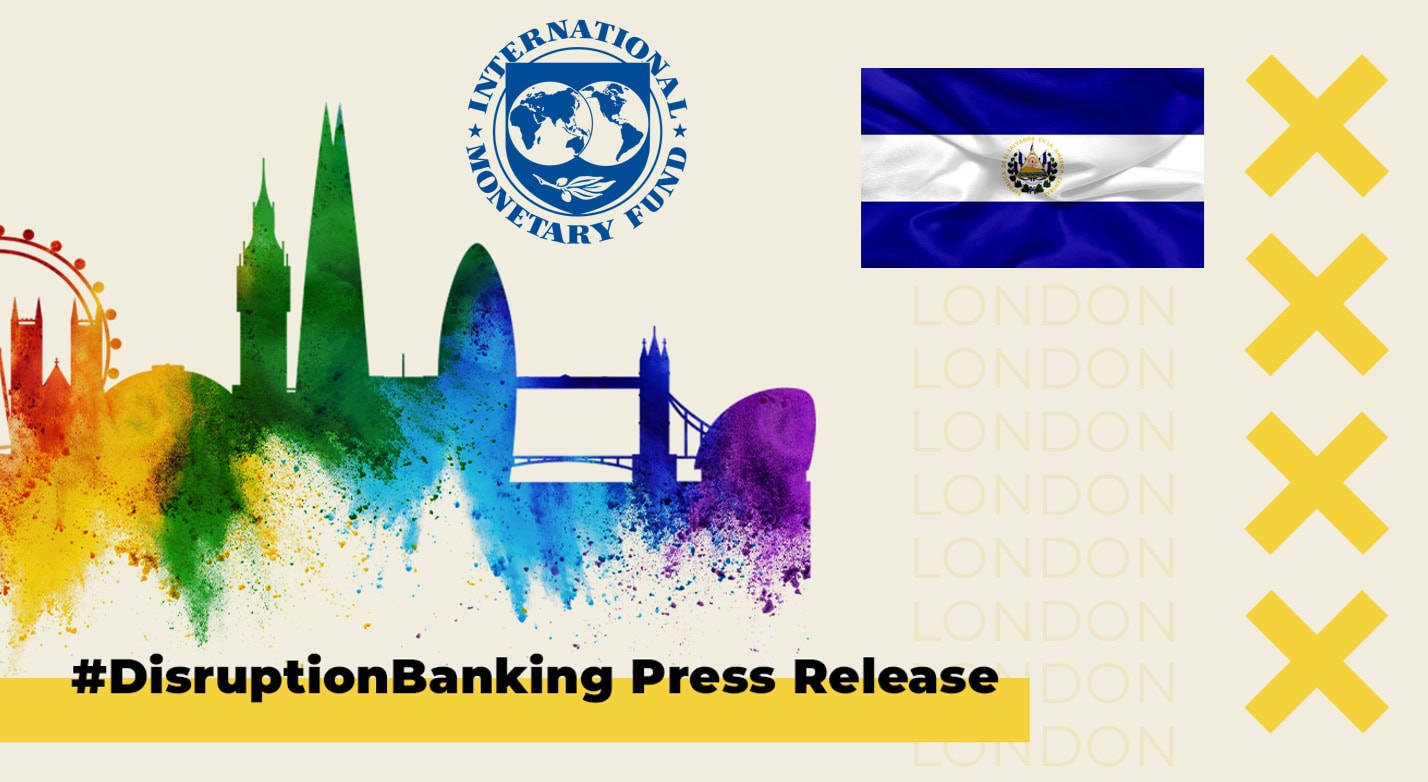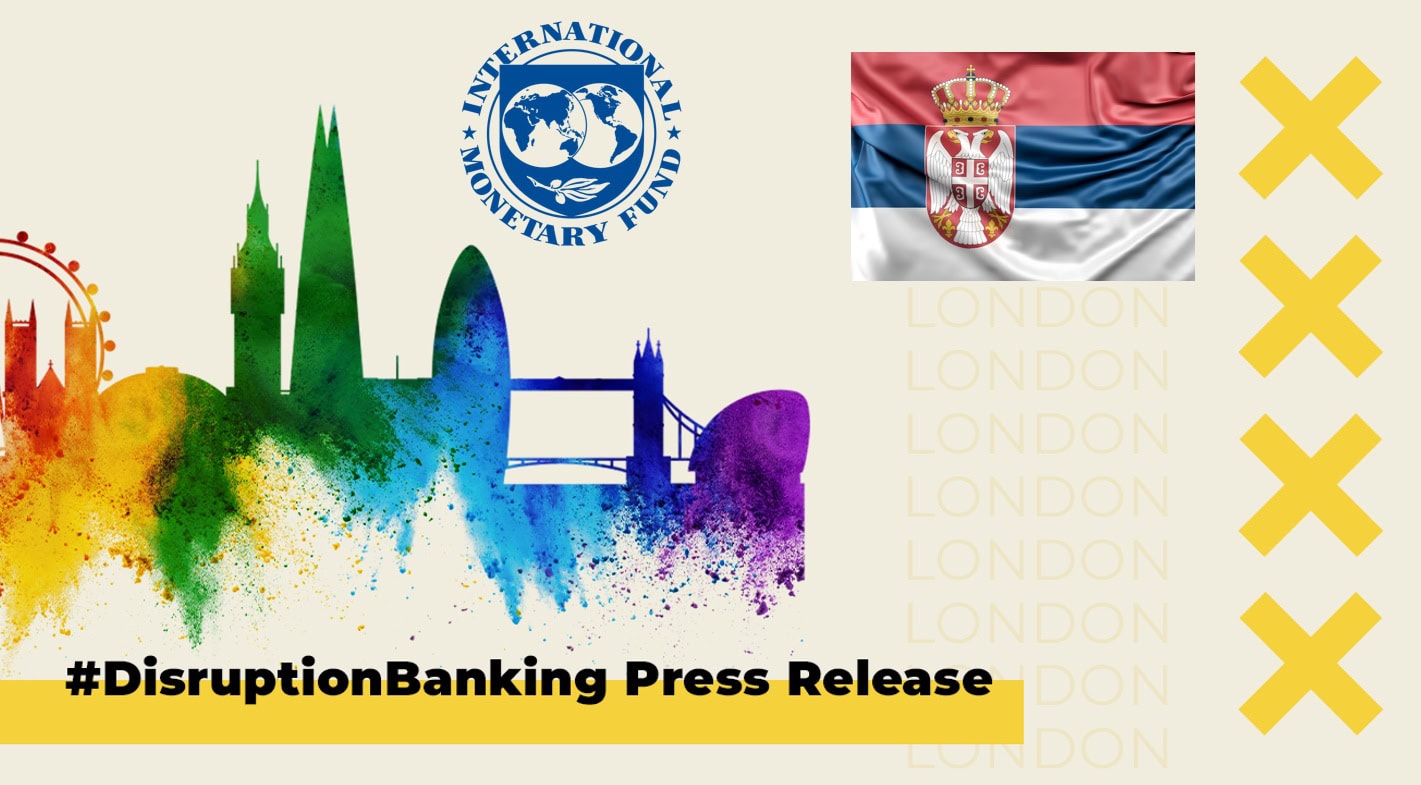- IMF staff and the Ukrainian authorities have reached staff-level agreement on a set of macroeconomic and structural policies that could be supported by a new 48-month arrangement under the Extended Fund Facility (EFF).
- Russia’s war continues to take a heavy toll on Ukraine’s people and its economy. The authorities nevertheless remain steadfast in their resolve to maintain macroeconomic stability, and to restore debt sustainability and external viability. They are also committed to addressing informality, tackling corruption, and improving governance including in the state-owned enterprise sector.
- The IMF remains committed to its engagement with Ukraine and a new program could be brought to the IMF’s Executive Board for approval upon completion of the prior actions and subject to adequate financing assurances from donors.
- The IMF welcomes all efforts to secure a durable peace, and the program will be recalibrated as needed at each review depending on progress towards a resolution of the war.
Kyiv, Ukraine – November 26, 2025: An International Monetary Fund (IMF) team led by Mr. Gavin Gray held discussions with the Ukrainian authorities during November 17-21 in response to their request for a new Extended Fund Facility (EFF) Arrangement. Upon the conclusion of the discussions, Mr. Gray issued the following statement:
“IMF staff and the Ukrainian authorities have reached staff-level agreement on the authorities request for a new 48-month, extended arrangement under the Extended Fund Facility (EFF), with a potential access of SDR5.94 billion (around US$8.1 billion, 295 percent of quota).”
“The agreement covers a set of fiscal and monetary policies to anchor the program, whose goals include maintaining macroeconomic stability, restoring debt sustainability and external viability, tackling corruption, and improving governance. The program is expected to catalyze large-scale external support to close Ukraine’s financing gaps. In the baseline, the total financing gap is calculated at around US$136.5 billion for 2026-29. In 2026-27, Ukraine faces a residual financing gap (taking into account existing financing commitments) of around US$63 billion.”
“The IMF welcomes all efforts to secure a durable peace, and the program will be recalibrated as needed at each review depending on progress towards a resolution of the war.”
“After eight successful reviews under Ukraine’s most recent IMF program, the authorities firmly believe that a new EFF will provide a strong anchor for their medium-term plans and support their efforts to mobilize much needed external support. They are committed to advancing their reform agenda, despite the challenges of the war, and believe that the new program will enable them to close financing gaps and restore external and debt sustainability.
“The economy has continued to show resilience despite the recent intensification of attacks on energy and other critical infrastructure. However, risks to the outlook remain exceptionally high given uncertainty on the duration and intensity of the war, as well as the timing and level of additional international donor support. Prompt action by donors is indispensable to assist Ukraine in managing its large fiscal and external financing needs, and to avoid liquidity strains.
“Enactment of a budget for 2026 that is consistent with the program framework is imperative. Risks to the budget remain high given the exceptional uncertainty and every effort should be made to avoid inefficient expenditure or the introduction of tax exemptions. The authorities are committed to implementing domestic revenue mobilization measures, which will also need to be supplemented with timely and large-scale external donor financing on grant-like terms to ensure debt sustainability.
In addition to implementing their debt restructuring strategy to restore debt sustainability, the authorities have also committed to accelerate efforts to prevent tax evasion and avoidance, and broaden the tax base, including by taxing income earned through digital platforms, closing customs loopholes for consumer good imports and removing exemptions for VAT registration. Agreement was also reached on measures to tackle economic informality, including by increasing competition in public procurement, and addressing loopholes in the current labor code.
“The National Bank of Ukraine (NBU) continues to implement monetary policy to achieve the goals of maintaining macroeconomic stability and ensuring sustainable disinflation. The NBU is committed to reducing inflation towards the 5 percent target over its three-year policy horizon, while allowing greater exchange rate flexibility to adjust to underlying fundamentals and increasing the exchange rate’s role as a shock absorber, thereby also helping to preserve adequate central bank FX reserves.”
“Recent developments underline the importance of resolutely tackling corruption, improving governance, and continuing with reforms to state-owned enterprises (SOE). Against this backdrop, the authorities recognize the importance of preserving independent anti-corruption institutions that are adequately resourced . There was also agreement with the authorities on the need for continued reforms to the state tax (STS) and customs services (SCS), including the appointment of a new SCS head and a supportive IT infrastructure to improve efficiency, which are essential to rebuild public trust in the agencies, and raise revenues and prepare for reconstruction. To strengthen SOEs, the authorities are committed to reforming SOE financial planning, reporting, and auditing, while also implementing necessary reforms to SOE and state-owned banks (SOB) nomination procedures.”
“The mission met with Prime Minister Svyrydenko, Finance Minister Marchenko, National Bank of Ukraine Governor Pyshnyy, other government ministers, public officials, and civil society. The mission thanks them and their technical staff for the excellent collaboration and constructive discussions.”

















